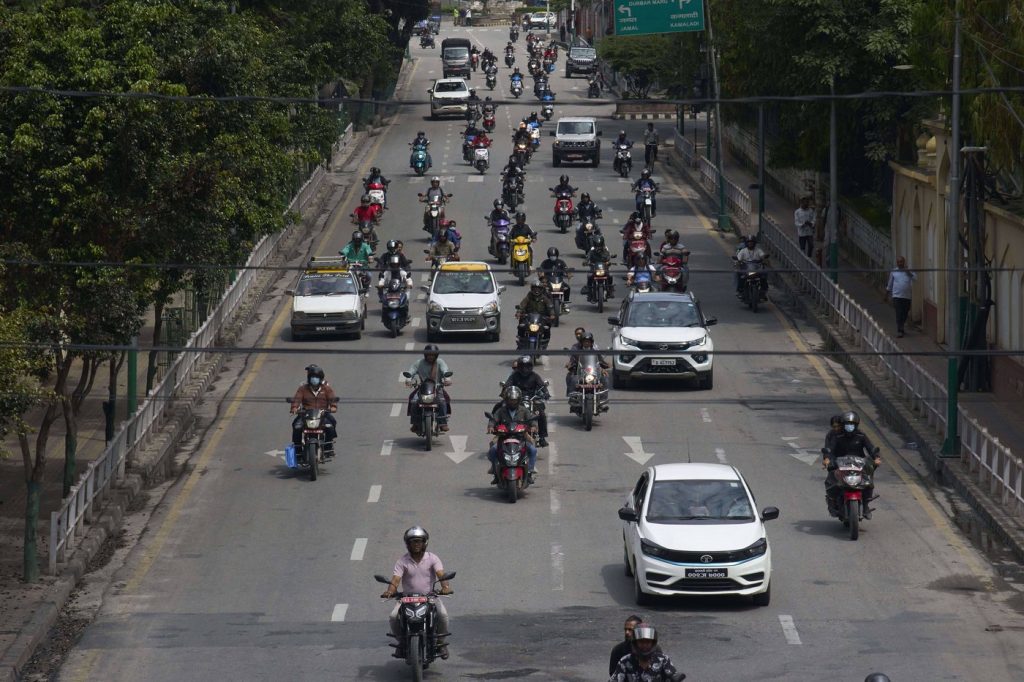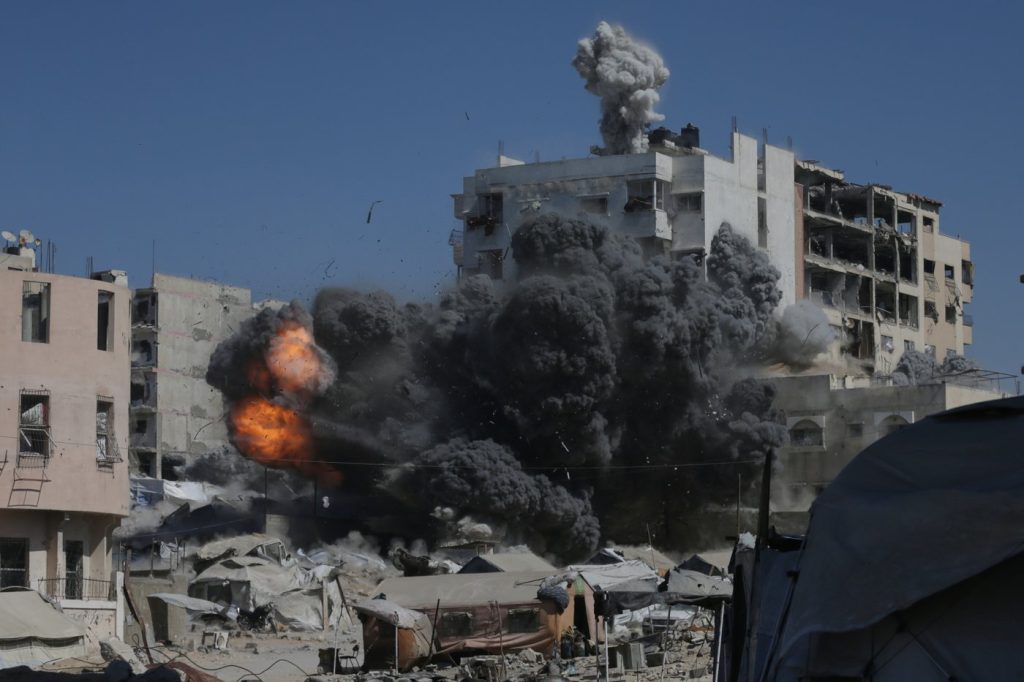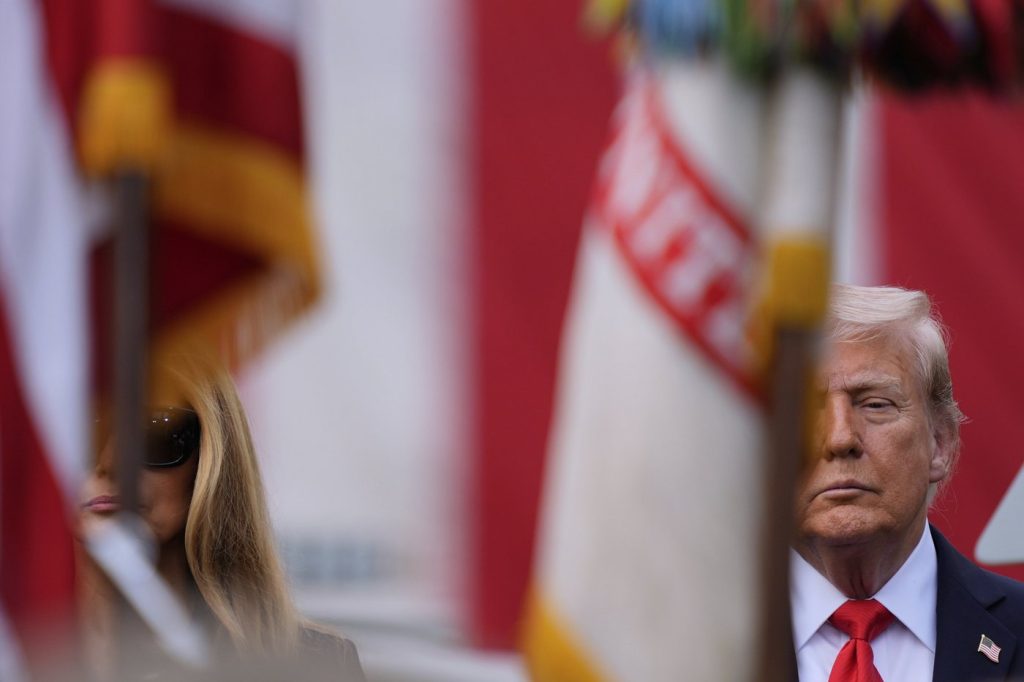KATHMANDU, Nepal (AP) – Nepalese authorities lifted the curfew in the capital and surrounding areas on Saturday, restoring calm following the appointment of the country's first female prime minister, Sushila Karki. This decision came in the aftermath of violent protests that erupted earlier in the week, resulting in the deaths of at least 51 individuals and the collapse of the previous government.
In Kathmandu, as well as in the nearby cities of Lalitpur and Bhaktapur, local officials announced that residents were free to move about, while shops and markets reopened, and traffic resumed on the roads. The unrest, which began on Monday over a controversial ban on social media, quickly escalated into violent demonstrations, with protesters attacking government buildings and police responding with gunfire.
Although the social media ban was revoked, discontent among the populace persisted, fueled by broader grievances regarding the government. Tens of thousands of demonstrators engaged in widespread assaults, setting fire to the parliament, the presidential residence, and various businesses. Reports indicated that security forces faced accusations of excessive force, with many of the deceased being protesters killed by police fire, while others included inmates trying to escape from prisons across the nation. Among the deceased were three police officers, according to official statements.
Amid the turmoil, on Friday, President Ram Chandra Poudel appointed Sushila Karki as the interim prime minister. He also took the decision to dissolve parliament and announced new elections to be held on March 5, 2025. Karki, who made history as the first woman to hold the prime ministerial position in Nepal, was sworn in later that day. Having previously served as the country’s only female chief justice from 2016 to 2017, Karki was widely recognized for her stance against corruption within the government.
On her first day in office, Karki visited injured protesters at the Civil Hospital in Kathmandu, expressing her commitment to serving the best interests of the nation. "I will work with everything I have," she remarked to a protester recovering from gunshot wounds. While she did not address the media outside the hospital, her initial gestures aimed to convey solidarity with those affected by the recent violence.
Sushila Karki succeeded Khadga Prasad Oli, who resigned from his position on Tuesday and left his official residence. The night of his resignation saw military forces taking control of the streets as negotiations began between the protesters, the army, and the president regarding the formation of an interim government. The curfew, which had been in effect since late Tuesday, permitted residents limited hours to leave their homes to obtain food and other essentials.
The demonstrations, referred to as the protest of Gen Z, were ignited by the government's brief ban on social media platforms, including Facebook, X, and YouTube. The government justified the ban by stating that these platforms had failed to register and comply with oversight protocols. Additionally, many young people expressed frustration regarding the perceived advantages and lavish lifestyles enjoyed by the so-called "nepo kids," the offspring of political leaders, in stark contrast to the struggles faced by the youth seeking employment.
In summary, the situation in Nepal reflects a deepening discontent with governmental practices and the influence of political families, leading to unprecedented protests and significant changes in leadership at a critical juncture for the nation.












